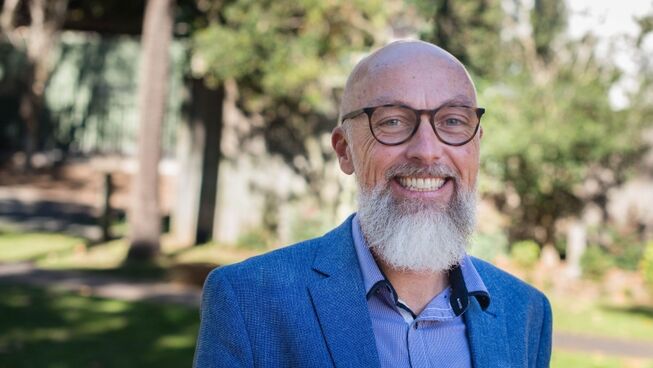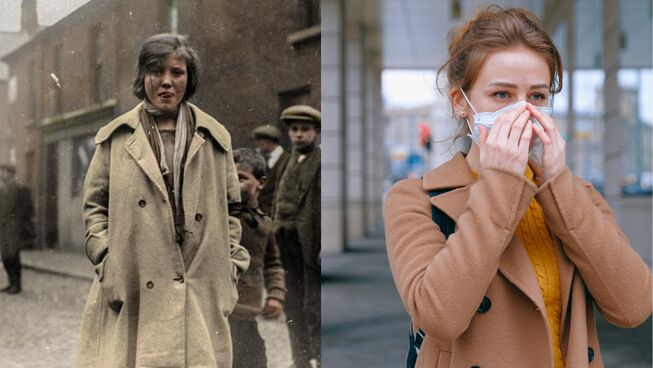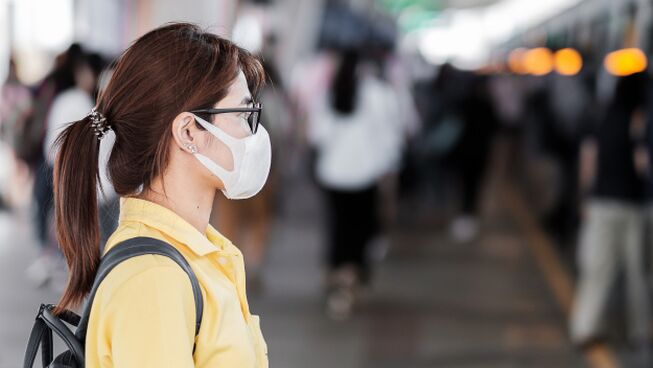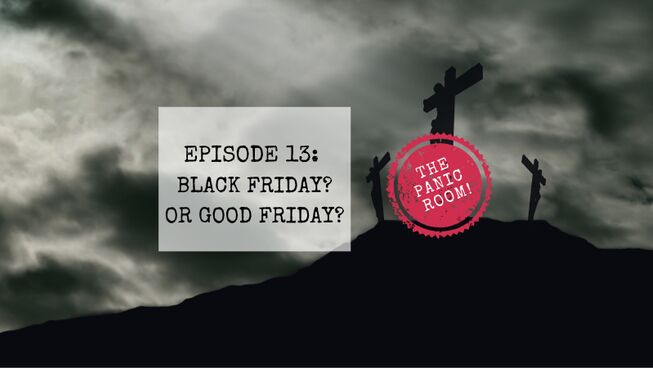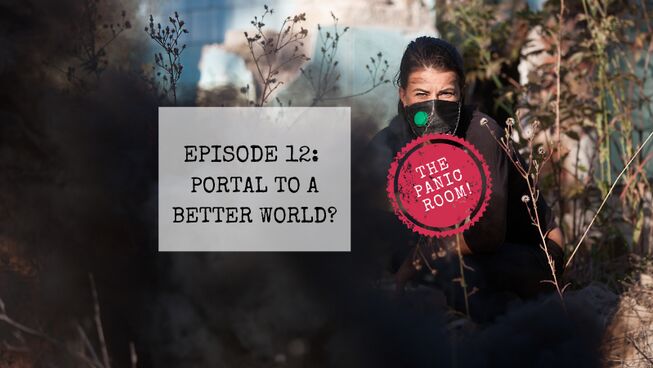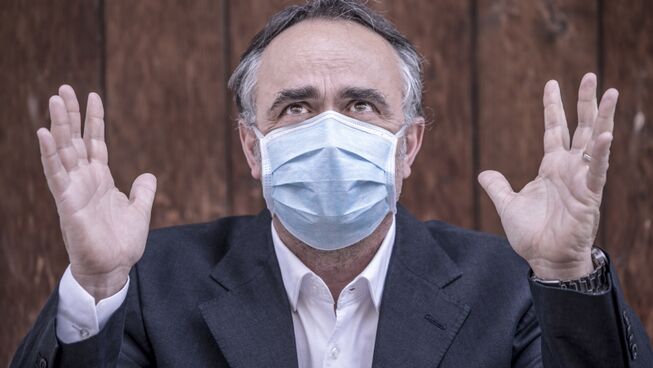
Just imagine if one man said he was both able and willing to suffer and die from COVID-19 in place of all the sufferers in the world, releasing the planet from the fear of this terrible scourge?
How liberating would that be? Wouldn't we just burst out of our doors laughing and crying with joy? Wouldn’t we dance together in the streets? Wouldn’t we urge ourselves never to be the same as before? Wouldn’t we feel liberty and love?
As we celebrate Good Friday, and the long weekend, isolated in our homes (for those of us who have homes), that thought is more delicious than any hot cross bun or Easter egg could ever be.
And how would we respond to such a man? We would first of all be incredulous. What? that you would do that for the rest of us? That’s a huge cost to you, and for no benefit to you at all. Why would you do that?
Then we would most likely be suspicious. “Hey, aren’t you stricken down with COVID-19 anyway?” we’d ask. “Isn’t this the last gasp grandstanding of a man on his way out? What are you gaining from this? Fame? Notoriety?” We’d want to see a clean bill of health from him in order to allay those suspicions, wouldn’t we?
And then as we watched him die, struggling for breath on a ventilator in a hospital ward surrounded by other dying COVID-19 patients, we might then be speechless. “Wow!” we’d say in muted tones and sober hearts, “He actually went through with it! That’s astonishing! And look at how he is suffering! Who would go through that for someone else?”
Perhaps then, as he breathed his last laboured breath, we may very well be clueless. Now what? Has anything actually changed? Did he just die in vain? Has this done anything to save us from the virus?
And then something starts to happen. As we stand there watching this man who gave himself up for us, we see flickers of life, flickers of sound health from those in the beds around him. And slowly, but surely, they start to struggle up, removing masks, calling for nurses to remove drips and pipes and needles. Sucking in full breathes of oxygen, unassisted, unaided, and unrelentingly. Filling once feeble lungs again, without any need for external support. Death, which lingered so menacingly, quietly waiting in the visitor’s chair for its turn to go up to the bed, slipping out the ICU unit, down the hallway, before scuttling down the fire escape in the hope that no one notices.
And so astonished are we at the change in those around us, and the growing excitement within us that something may have changed in the very air, we turn and see that man, that man who gave his life up for the world, sitting up, smiling broadly, holding out his hands to end the mother of all social distances and saying, “There’s nothing to be afraid of any longer!”
And then, as the news trickles out of the hospital, to the waiting broadcast media, and the Twitter, the Instagram, the Facebook feeds, you would hear a sound - like rising, surging water. The tests would be done, the doctors and clinicians would frown despite themselves and tell us, “We can’t be too careful”, but in their heart of hearts they know it has disappeared completely, and soon with unmasked faces they’d be throwing open the doors of crammed wards, dancing with the nurses, laughing with the orderlies.
The sound of cheers that would drown out any football match flowing over the suburbs like a joyous tumultuous tsunami, carrying all before it and sweeping away the signs of death and disease, long fingers of water knocking on doors, pushing their way into homes and restaurants and community centres and churches and corner stores where struggling migrants had pooled their life savings to make a go of it.
And as the news spread around the world, people would fling their doors open and call out to each other. Lovers, split apart for months would fall into each other’s arms. Grandparents would sweep up grandchildren and draw the deep sweet breath of golden hair into their lungs. And skateparks and swings and roundabouts and sand pits would be full of children again. And old people would sit out on their balconies and wave.
And the one thing we would never be - again - would be thankless. We would honour that man, cherish that man, stand amazed at the loving and live-giving deed that man had enacted, and profess our commitment to remembering his saving act all of the time, and especially on the anniversary of his saving gift for us.
And when that day came around each year we’d forgo our trips to the beach, our shopping, our fishing expeditions and our camping, and we’d spend the day in gratitude and awe at such a powerful deed. And we’d recommit ourselves again, to never go back to what we were like before that great and dreadful day when one man saved the world from such a deadly peril.
Just imagine what that would be like.
